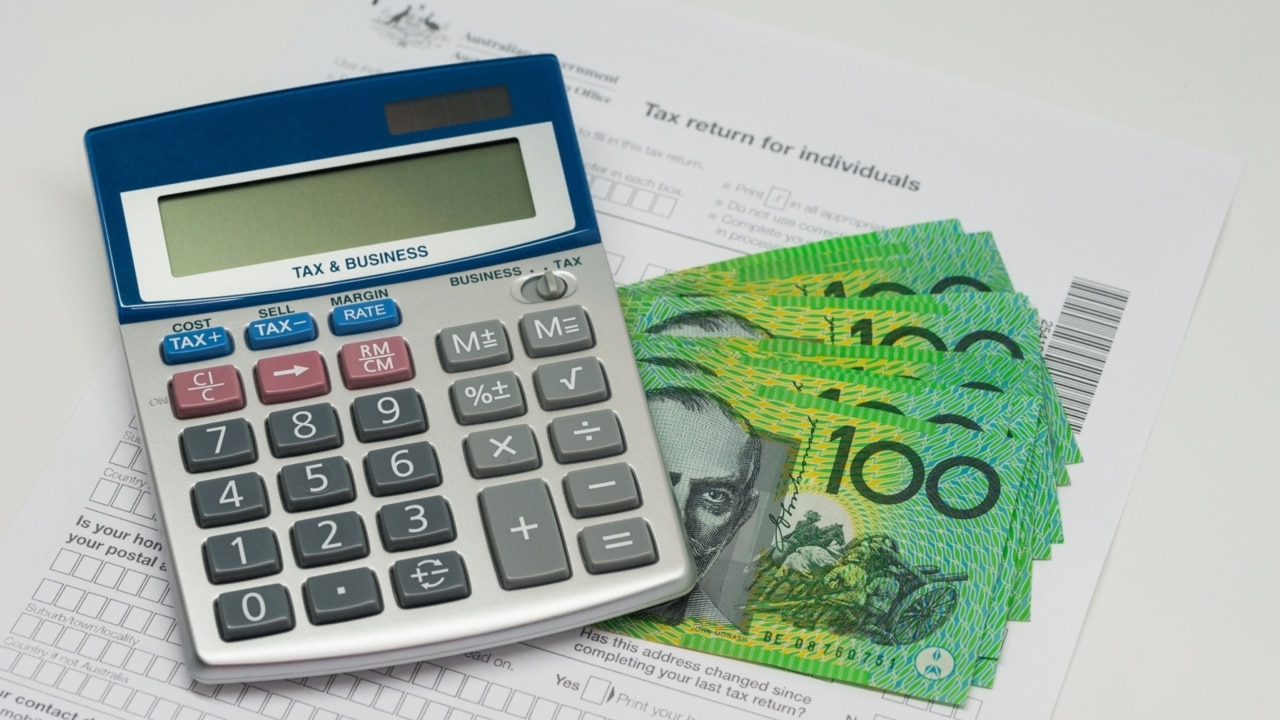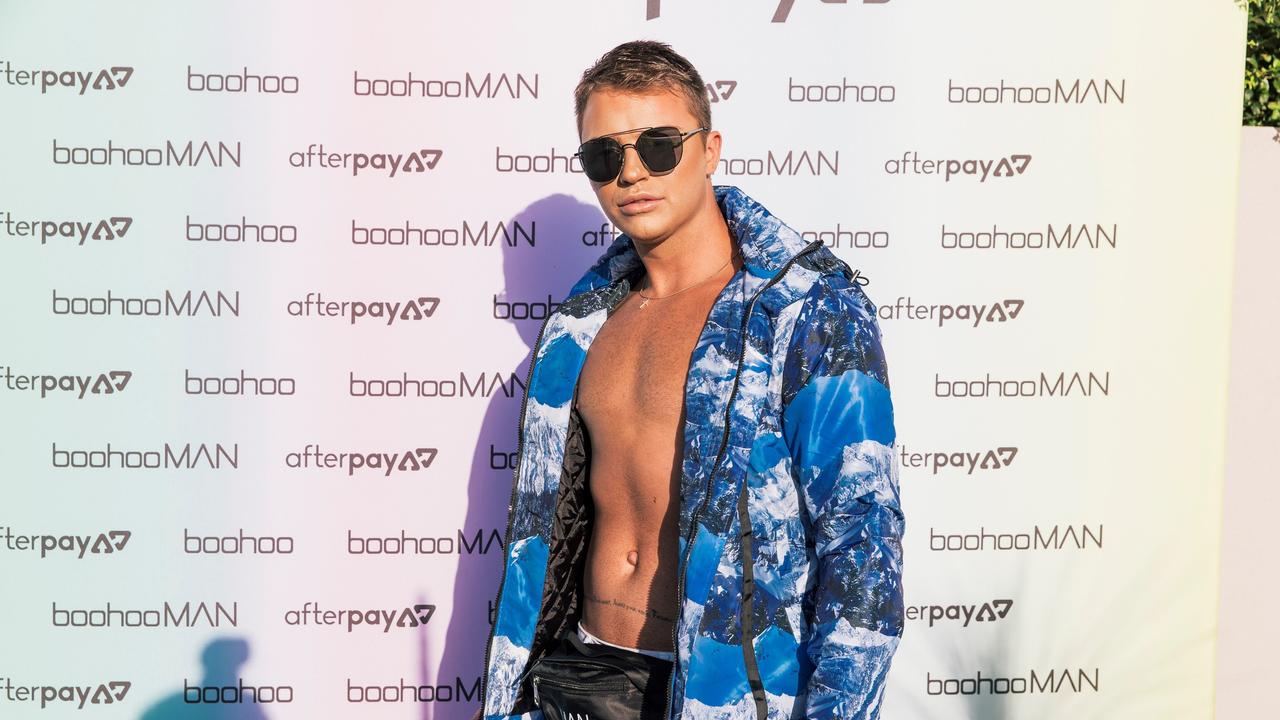Instafamous and totally shameless: ATO targets double-dipper influencers
The tax officer has issued a warning to influencers selling their freebies on second hand sites to double dip and cash in on their Insta ‘gifts’.

Entertainment
Don't miss out on the headlines from Entertainment. Followed categories will be added to My News.
Influencers are routinely selling their freebies on second hand sites to double dip and cash in on their ‘gifts’ as the ATO warns they are deploying sophisticated data matching techniques to catch them out.
Industry insiders spoken to by The Courier-Mail confirmed the onselling of free products and those gifted in the form of payment on second-hand sites, such as preloved designer fashion outlet Depop, is an ongoing moral debate for influencers, and some major brands and agencies have been willing to blacklist social media stars caught quickly selling gifts for maximum profit.
While high-end fashion influencers either donate unwanted items or return unsolicited gifts, others don’t see the issue in trading product for cash – with designer items worth thousands of dollars – or offering products to followers wanting to emulate their style.
“If a company has gifted me an item of clothing to wear to an event, personally I don’t feel like I deserve to earn an income from that; in my eyes, that would be like eating two slices of cake,” one Queensland influencer, who preferred not to be named, said.
“Many don’t feel this way and while the item is still ‘current season’ will list on Depop.

Many designers have alerts online to see when their items have been listed – and I’ve heard stories of the listings being traced back to talent.”
Another brand insider revealed some agencies “despise” the practice, and recalled one influencer recently caught immediately listing around $15,000 worth of clothing on Depop, after they had been gifted directly by the brand, had been black-listed.
It comes following the ATO’s promised crackdown on the influencer business, ensuring the gifts received by social media stars are subject to the same income tax and GST treatment as normal cash or credit payments.
A spokesman for the ATO said any products offered as payment for services, including keeping an item or outfit used in social media posts, is considered a “bartering transaction” and the influencer is subject to the same tax conditions as cash or credit payments – including if that item is quickly on-sold for cash.
“You need to calculate the value of the goods received to work out how much you need to include in your assessable income. This would include the value of an item if the goods were subsequently sold,” the spokesman said.
“We have sophisticated data-matching and analytical tools that enable us to identify people that may be under-reporting their income from a range of activities. Where we identify people that have made a genuine mistake, we will support them in understanding the law and get them back on track.”
A fashion insider, who works with brands and influencers, believed influencers should be encouraged to sell preloved clothing they don’t wear, when done ethically to promote circular fashion rather than double dipping.
“We look to our influencers to test and trial trends, brands and products which can leave them with an abundance of stock they don’t have a need for once they have created the content,” they said.
“In the spirit of circular and sustainable fashion why not celebrate our influencers selling it to their communities – often barely worn or used stuff – sometimes even items / samples you can’t buy – for great prices. Better in new homes than in land fill.
“Contra gifting is a form of payment or currency in exchange for promotion or content creation by that Influencer – so why would there be an issue with influencers onselling or converting those “earnings” into cash in the bank.”

Gold Coast influencer and star of Byron Baes Jade Kevin Foster, who shares his life with 1.2 million Instagram followers said while he had never sold anything he’d been gifted, how brands perceive influencers doing so came down to their intent.
“I personally feel like influencers should only really accept products that they are interested in trying, as often they are from small business owners,” he said.
“But on the other hand I know of a few friends who are gifted beautiful clothing they wear and promote and then won’t wear again, so then they either gift it to a friend or would do a sale on Depop to allow a fan to purchase the item and wear it and I don’t see an issue with that.”
Overall the implications of the tax crackdown has left the industry readjusting their approach to gifting.
Many feel unfairly targeted, given the prevalence of gifting in most corporate industries, which are less visible or stigmatised than social media.
“Gifting on a whole will change tremendously, as anything you receive has to be classified as ‘income’,” an influencer said.
“I think the general dismissal of ‘influencing’ being a worthy job is where the public disgruntlement comes in.”
“If society perceived social media as a harder or more deserving role, no one would care how and where someone sells anything. But all influencers are categorised into one column of “let’s showcase extreme privilege and wealth with such seeming frivolity” and the perceived “ease” and lack of work, I believe, is the root of the issue.”



